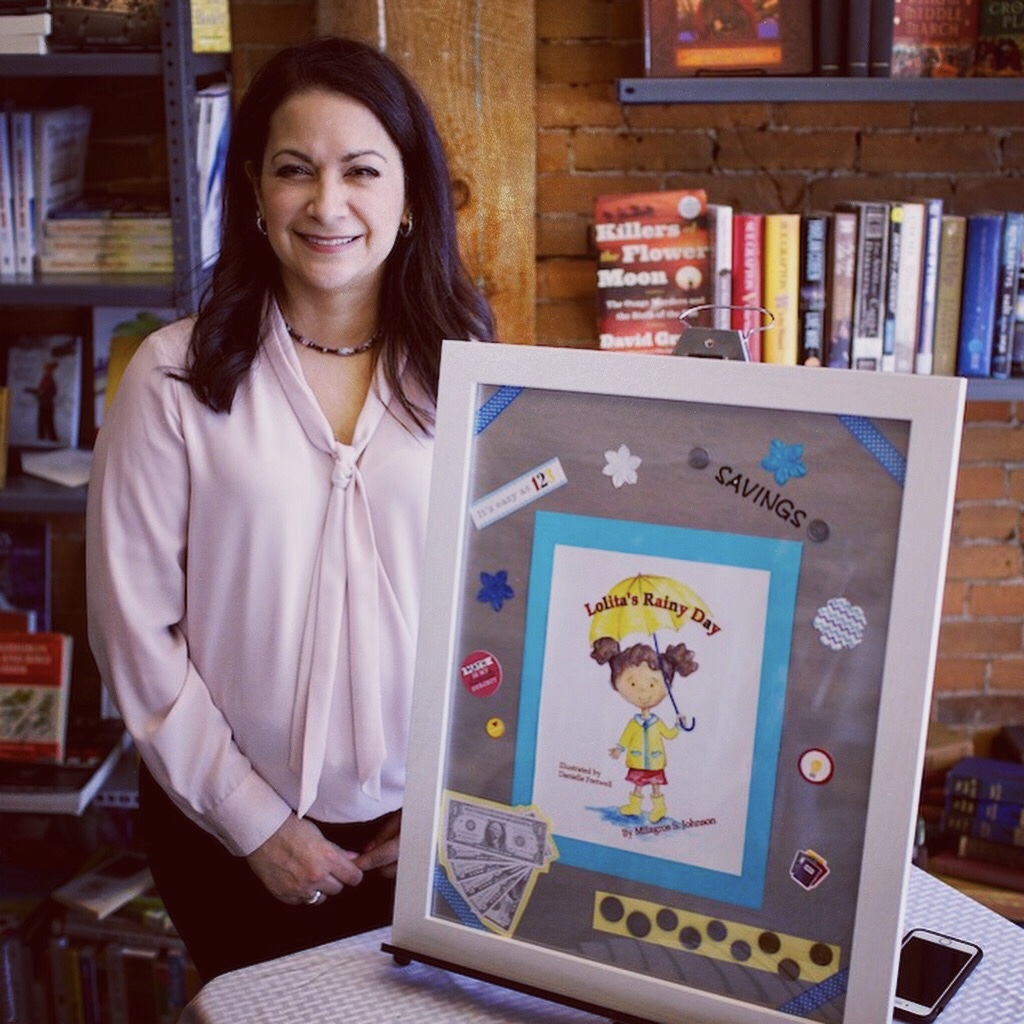The Journey to Financial Literacy
- Milagros S. Johnson

- Jun 4, 2024
- 3 min read
The question I get asked most is, “When is a good time to start talking to my children about money?” The honest answer is, “Yesterday!” I mean this in the most sincere way possible.
Children are like sponges when it comes to learning. They not only listen, but are curious, inquisitive, and hungry to learn. So why not feed them with what matters most? Financial literacy!
No one should be deprived of financial education, or be allowed to walk around without knowledge of the power of money. Yes, I said “power of money!” I say this because the power of money can make you or break you, in all sense of the word.
When you think about it, money is essential to all of us. It is necessary for survival. We need money to buy food, pay for housing, transportation, utilities, etc. Of course, children are a significant part in all this. Therefore there is no reason for parents not to engage, teach and empower their children about the power of money.
Children ask for things, whether it’s a treat or toy. The price of the item does not matter. What matters is that they understand that someone must pay for the item in order for them to have it. The first day the child makes a request, is the open opportunity for the parent to introduce financial literacy.
These conversations are paramount to have as early as possible and should not wait a day longer, regardless of how much money the parent has, or doesn’t have. In order to raise financially independent children, we must tackle the conversation without any hesitation.

Allow the journey to begin…
Financial literacy for children can be as simple as understanding the basic fundamentals of money: earning, budget and savings. Once they have the main concepts in order, they can learn about investing, retirement, credit and managing debt. I like to think of it as baby steps. Would you put your five year old on a bicycle without training wheels or a helmet?
By following this order, children will develop healthy financial habits of earning an allowance, as well as spending and saving their money. Reinforcement by the parent is also important. For instance, ask the child how much money they plan to save and about their plans for the money saved.
I suggest using encouraging words when they want to spend their money. Ask, “Wouldn’t you rather save it for a rainy day, or to buy something bigger or more important later in life, such as your first car?”
It’s just as important for parents to practice being the best role model for their children when it comes to how they spend and save money. One way is to challenge yourself and be accountable for your own actions. If you slip off track, provide a valid reason or explanation, and quickly get back on track.
Opening a bank account for your child is another effective way for a child to want to earn and save. Challenge them to save a certain amount and reward them with a trip to their favorite ice cream shop, a movie date, or an inexpensive toy. Having them contribute a small amount of their money is a way to make them feel grownup and responsible.
I recently met a family who shared a beautiful story with me. They told me how they planned for years for their trip to Disney World. The family involved the children in their financial planning and asked them to contribute 10% of their weekly allowance toward the family trip.
While it took five years for them to achieve their dream, everyone was happy to have contributed and, most importantly, they were all mindful and respectful of how they spent the money they jointly saved.
There is no better and easier time than the summer months to teach children about financial literacy and earning an allowance. It keeps children busy learning while learning new chores and how to be financially responsible. The important thing to remember is that it may take planning, creativity and, for some, a little patience.
Let’s not forget that the more you teach your children about financial literacy, the greater the likelihood they will develop the skills they will need to make informed and powerful financial decisions. We want them to feel confident with their finances and become self-sufficient, independent adults.
And remember to teach them that, “Every Penny Counts!”


Comments